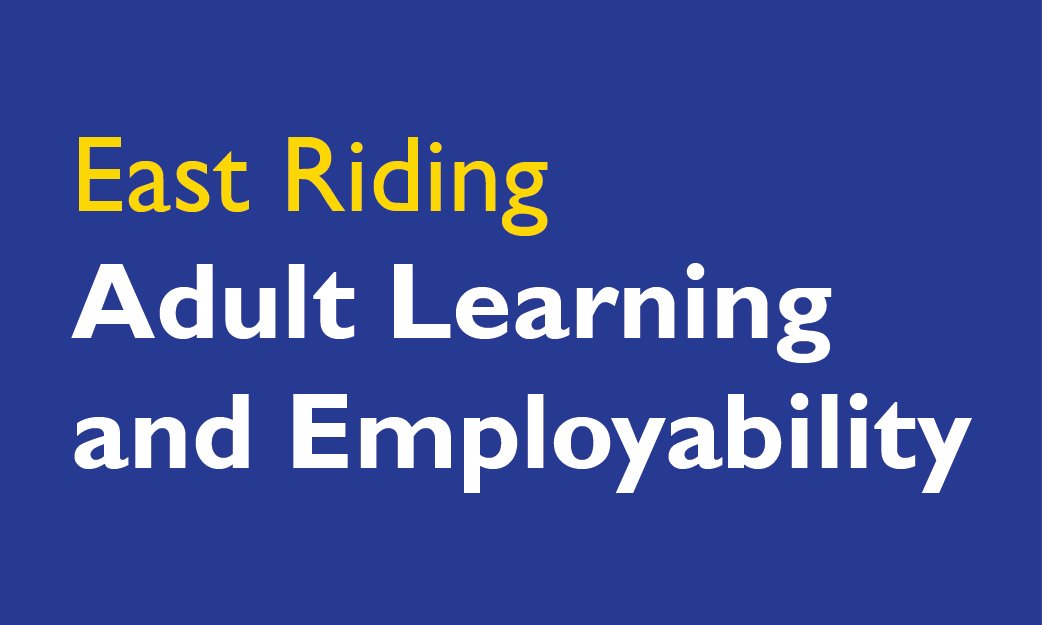Sessions to help you understand different types of neurodiversity
You have the opportunity to gain an insight into what neurodiversity is and how it can affect individuals in their daily lives. Either take part in a brief introduction to different types of neurodiversity or book individual sessions where you can learn in more detail about different neurodiverse conditions.
-
📌 Goole Adult Learning Centre, 6 November
‘Neurodiversity’ has become a common term in modern society, but what does it actually mean? Well, ‘neuro’ refers to the brain and ‘diversity’ relates to differences, so when you put the two together to make ‘neurodiversity’ it’s a term that recognises that all brains can behave differently.
Neurodiversity covers a wide range of differences and specific neurodivergent conditions, such as dyslexia, dyspraxia, attention deficit hyperactivity disorder (ADHD) and autism spectrum disorder (ASD). The concept of neurodiversity recognises that, for those with differences, things like retaining information, learning new things and maintaining focus can be more difficult. By embracing neurodiversity, we raise awareness and understanding and make it easier for people to access the support they may need to achieve their personal goals in life, learning and work.
In this session you will find out more about neurodiversity in general and will gain an understanding of the breadth and depth of what this term covers.
-
🕘 27 November, Goole Adult Learning Centre
ADHD, short for Attention Deficit Hyperactivity Disorder, is a term you might be hearing more and more often, but what does it actually mean? If you’d like to find out, sign up to this three-hour session to gain an understanding of this neurodiverse condition and learn all about how it can affect individuals in terms of their life, learning and work. You’ll come away with an understanding of the traits associated with ADHD and an awareness of the help and support that is available to children and adults who have been diagnosed with this neurodivergent condition.
-
📌 Goole Adult Learning Centre, 18 December
Autism and autism spectrum disorder (ASD) are terms that you might be hearing more and more often nowadays, but what do they actually mean? This three-hour session has been designed to give you an introduction to autism spectrum disorder, so you can understand what it is and how it can affect individuals differently in life, learning and work. You’ll come away with an understanding of the traits associated with autism spectrum disorder and an awareness of the help and support that is available to children and adults who have been diagnosed with this neurodivergent condition.
-
📌 Adult Learning Goole, 11 December
Are you dyslexic or know someone who is? Do you want to learn about dyslexia to be able to help others, or are you just curious about what it actually is? If you’d like to find out more, sign up to this three-hour session to gain an understanding of this neurodiverse condition and learn all about how it can affect individuals in terms of their life, learning and work. You’ll come away with an understanding of the traits associated with dyslexia and an awareness of the help and support that is available to children and adults who have been diagnosed with this neurodivergent condition.
-
📌 Beverley Adult Learning Centre, 18 November
📌 Goole Adult Learning Centre, 4 December
Do you have dyspraxia (also known as development co-ordination disorder (DCD)), or know someone who does? Do you want to learn about dyspraxia to be able to help yourself or others, or are you just curious to learn more what it actually is? If you’d like to find out more, sign up to this three-hour session to gain an understanding of this neurodiverse condition and learn all about how it can affect individuals in terms of their life, learning and work. You’ll come away with an understanding of the traits associated with dyspraxia, as well as an awareness of the help and support that is available to children and adults who have been diagnosed with this neurodivergent condition.
